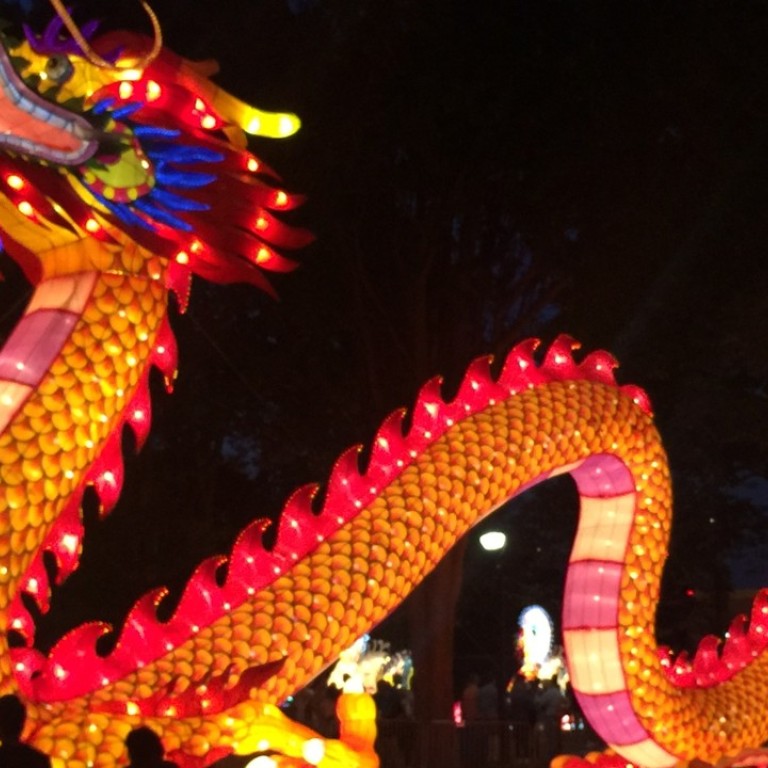
How America’s embrace of Chinese culture boosts Beijing’s soft power
Interest in events such as Philadelphia’s lantern festival bodes well for vice-premier Liu Yandong’s US visit and the future of US-China cultural exchanges
Chinese culture is hot in the birthplace of America.
Next month, Philadelphia’s annual Chinatown night market opens. The one-day event that features food, handicrafts and traditional performances has grown from “a handful of vendors” to more than 50 and has seen attendance grow steadily since its inaugural year in 2010, according to organisers.
In June, coordinators of the second annual Chinese lantern festival had to extend the exhibition’s duration and opening hours to accommodate demand. Featuring a 200-foot undulating dragon and terra cotta soldiers among hundreds of lanterns big and small, the exhibition drew more than 20,000 people, each of whom paid US$25 to snap selfies among the illuminated figures.
Both events take place just a stone’s throw from Independence Hall, where America’s founding fathers signed the Declaration of Independence, a touchstone of the country’s cultural heritage. Traditionally, Chinese culture had never been as much of a draw in “Philly” as it has been in New York, a two-hour drive north, or in San Francisco.
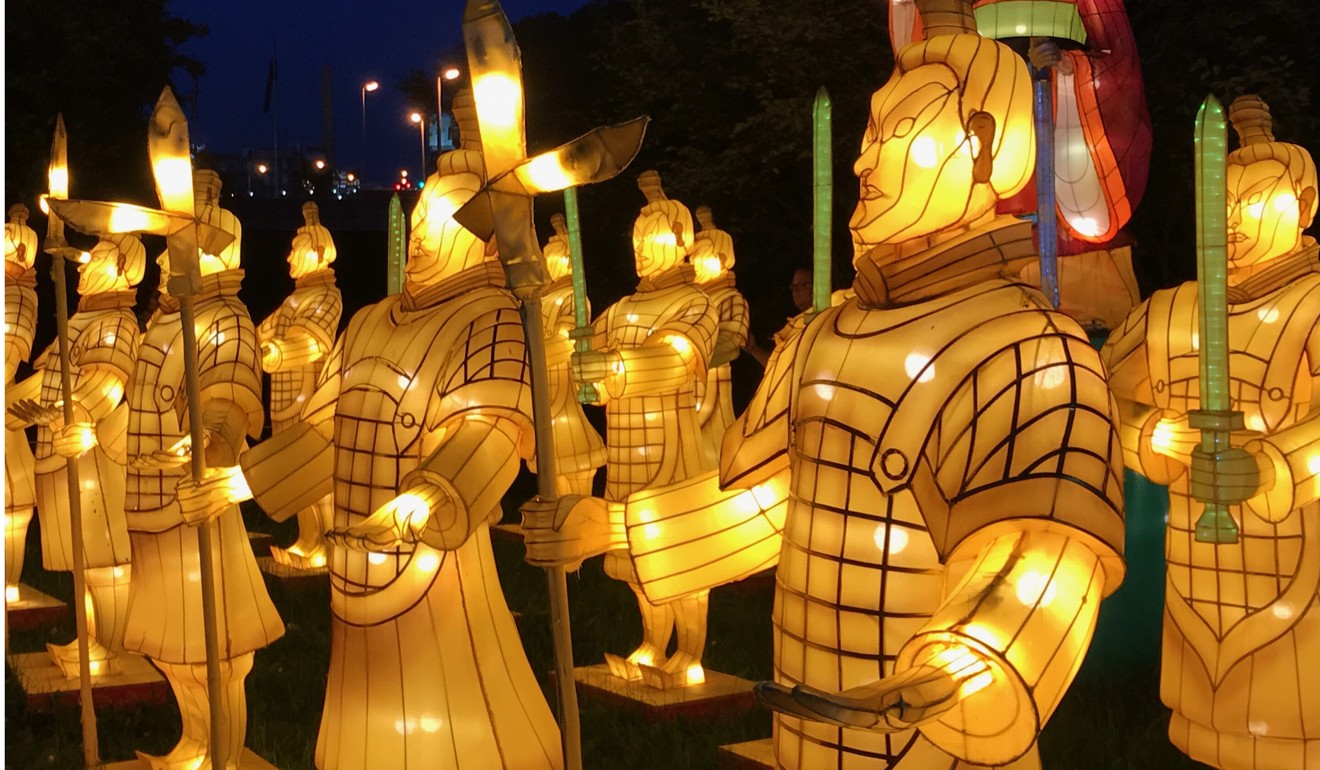
But Philadelphia has become much more international in recent years, and Chinese culture – from special exhibitions like the lantern festival to living and working Chinese communities drawn from different parts of Asia – has helped diversify what used to be a city defined almost exclusively by its European- and African-descended communities.
“College and high school students have grown up with more Asian tastes, and a lot of business owners here are tapping into that,” said Lamei Zhang, a special projects associate at the Philadelphia Chinatown Development Corporation, which organises the lantern festival and the night market.
The upswing in interest in Chinese cultural events in recent years bodes well for Chinese Vice Premier Liu Yandong. The senior official arrived in the US this week for a series of events meant to foster more cultural exchanges between the two countries and her activities culminate in a formal US-China Social and Cultural Dialogue with Secretary of Transportation Elaine Chao and Secretary of Education Betsy DeVos in Washington.
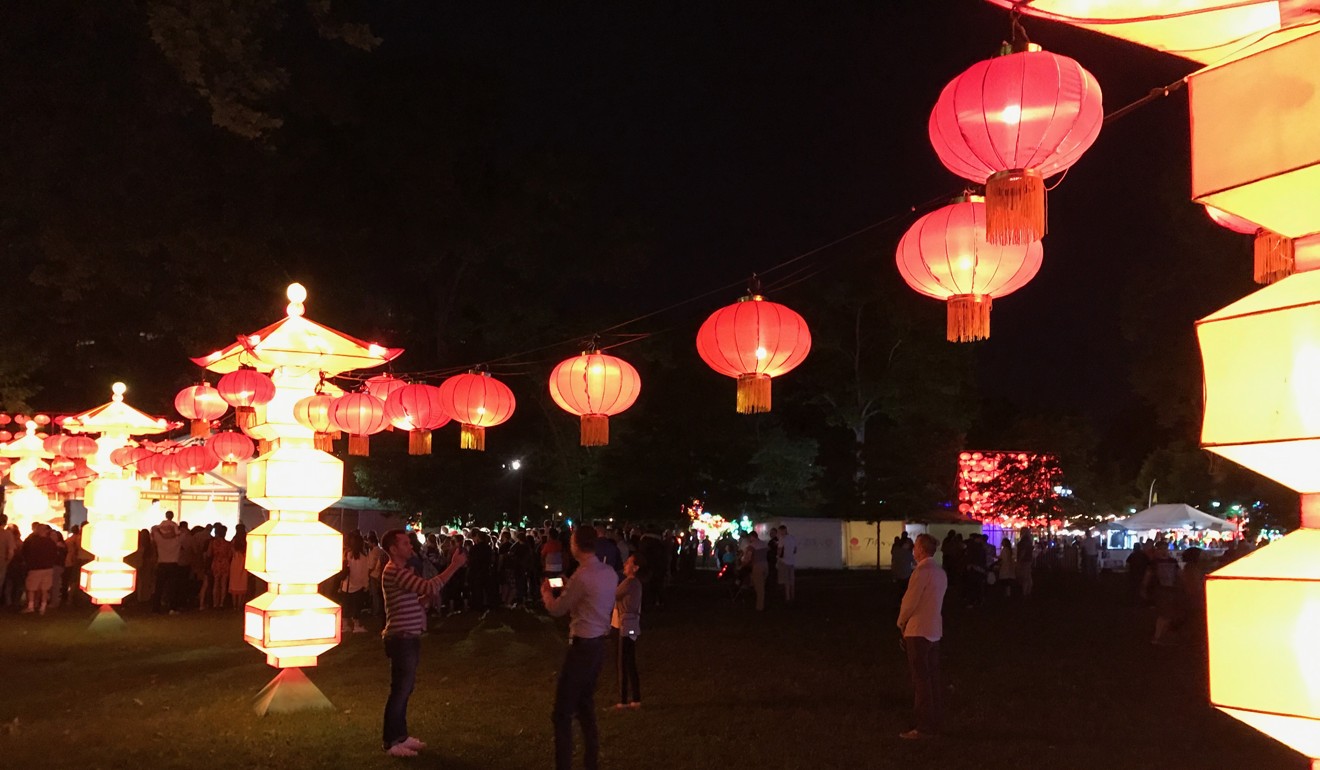
Beyond lantern kitsch and traditional cuisine, more substantive cultural exchange between the US and China has taken place, primarily in the area of education.
Speaking at Columbia University this week, Liu noted that mainland Chinese account for one out of three foreign students in the US. She touted the accomplishments of historical figures like Wellington Koo and Feng Youlan, who, as Columbia students about a century ago, likely studied in the library where Liu delivered her 45-minute keynote speech.
As a chief delegate to the League of Nations in 1920, Koo refused to sign a peace treaty that ultimately ceded Chinese territory to Japan. His act has made him an honoured figure in China to this day even though he aligned himself with the Nationalists and became a senior adviser in Taiwan after 1949. Feng is best known for writing a two-volume text called “History of Chinese Philosophy” and the development of a philosophical system combining Confucian and Western elements.
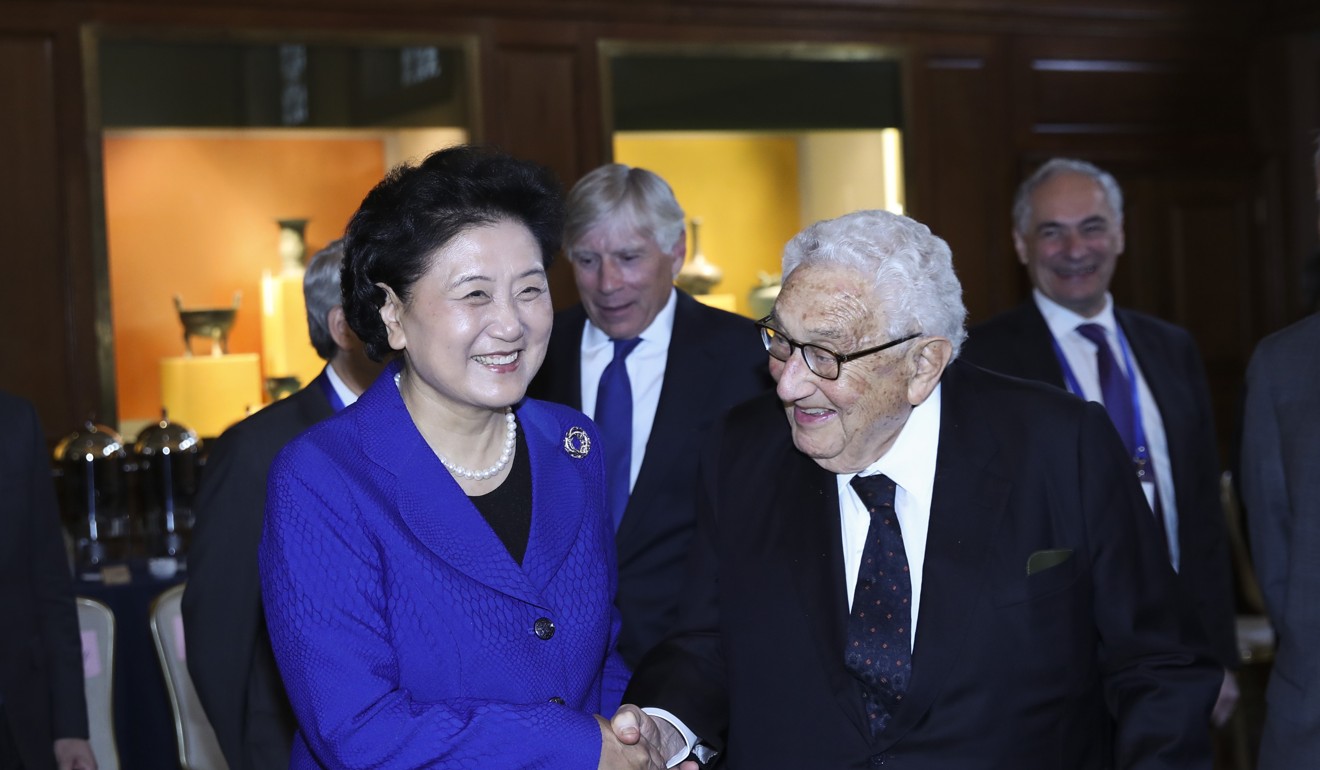
Since Koo’s and Feng’s time, the trickle of Chinese students into the US has become a flood. More than 328,000 students from China were registered at US colleges and universities in 2016, up from 62,582 a decade earlier, according to data compiled by the New York-based Institute of International Education.
But the historical tide of one-way learning, wherein Chinese students gained new skills and cultural understanding from US academic institutions, has shifted in recent years with scores of distinguished American universities opening joint programmes in the PRC. That trend started with The Hopkins Nanjing Centre for Chinese and American Studies, which opened its doors to American and Chinese students in 1986.
Since then, nearly every top-tier school has a China programme. The trend has gained momentum with New York University having started its joint programme in Shanghai with East China Normal University in 2013 and Duke University starting a joint programme with Wuhan University in Kunshan, Jiangsu Province next year.
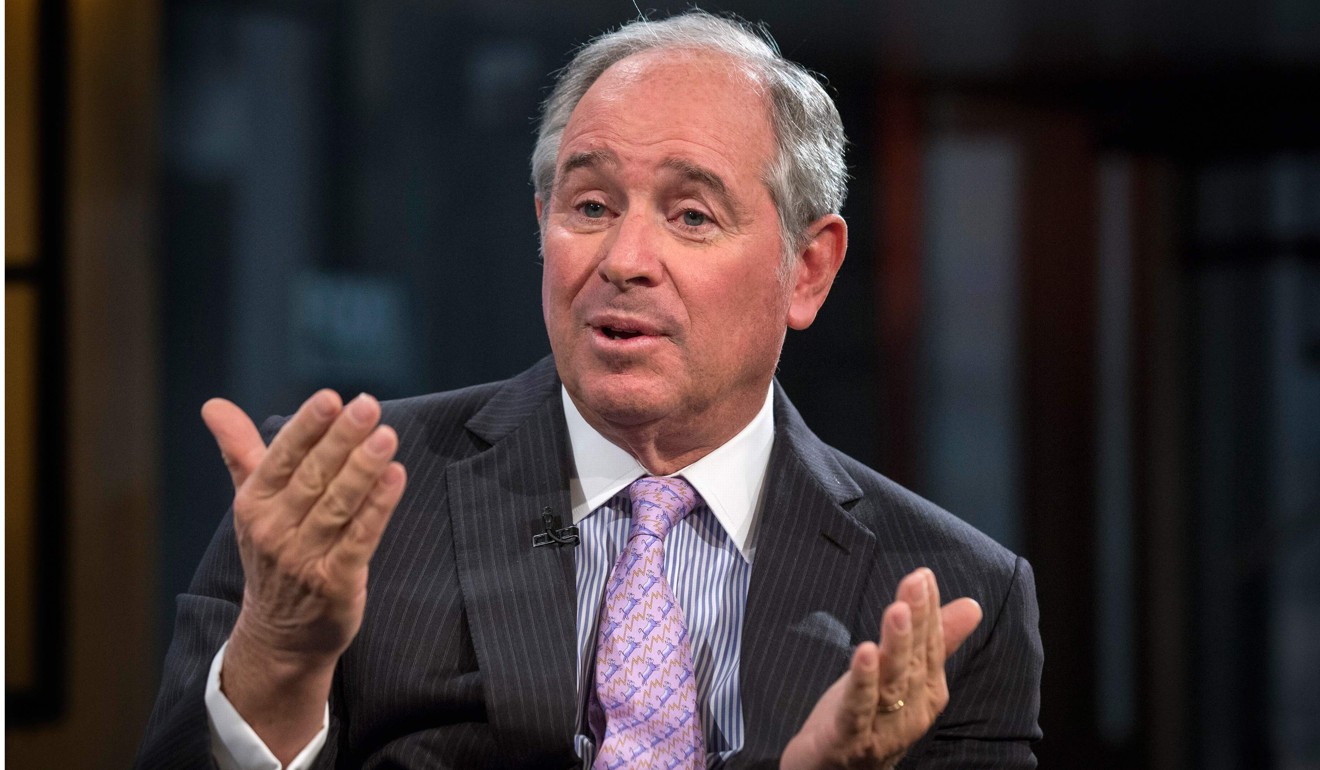
Last year, Blackrock Chairman Stephen Schwarzman established a one-year Master’s degree in Global Affairs at the renowned Tsinghua University in Beijing. The initiative is the product of China’s largest single philanthropic effort, with over US$430 million raised from donors worldwide.
In a discussion with Columbia’s president Lee Bollinger, Schwarzman and other dignitaries before her keynote speech, Liu suggested more joint programmes may be in the offing.
“The Chinese government has recently released opinions on reforming our educational institutional and mechanisms and opinions on opening up our educational sector, and these represent tremendous opportunities for the presidents of Chinese and American universities to work together as pioneers,” the vice-premier said.
As if programmes in China aren’t enough to satisfy demand for cultural expertise, American Ivy League schools are competing for the most prominent speakers at high-level conferences. University of Pennsylvania’s Wharton School, where US President Donald Trump received his MBA, convened its first Penn Wharton China Forum in 2016, following the lead of Harvard, which started its China conference in 1998.
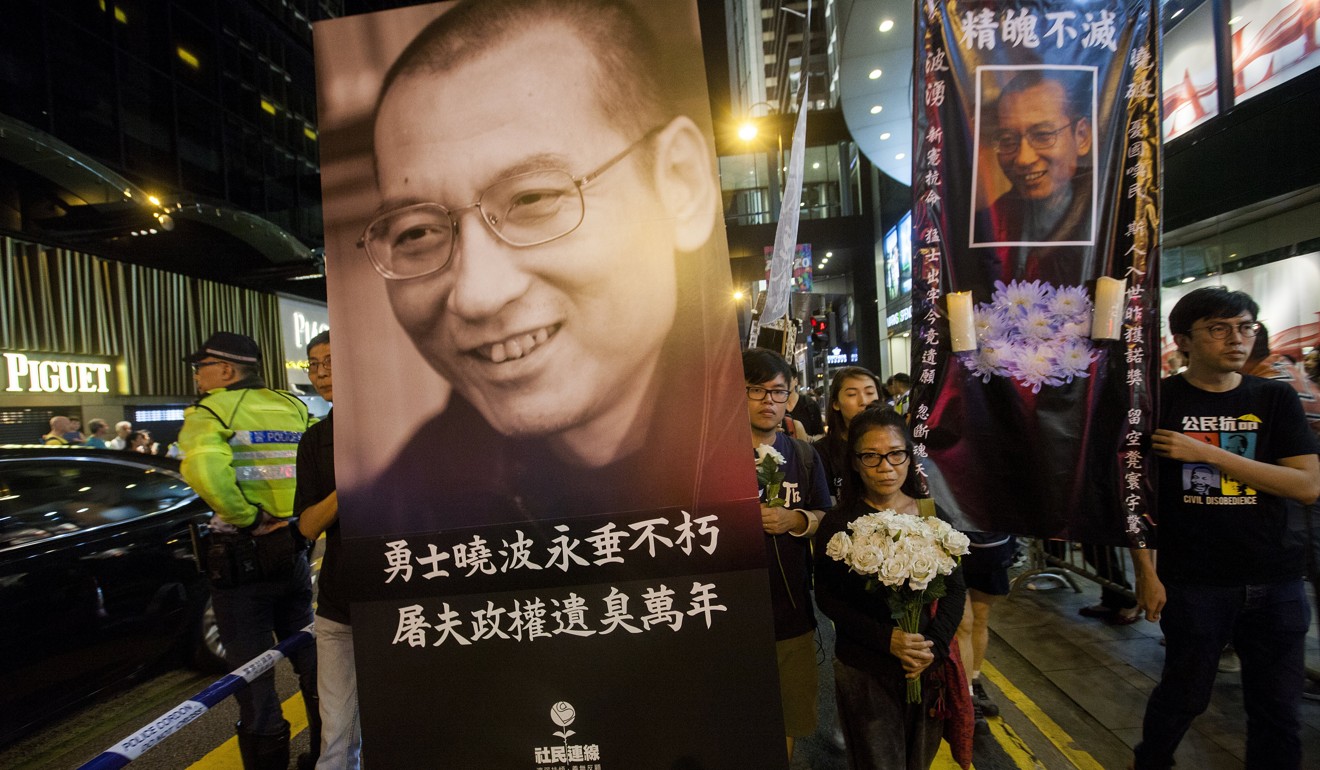
Speakers at the Penn Wharton event included China’s New York-based Consul General Zhang Qiyue; Li Ning, founder of the Chinese sportswear company of the same name, and Sotheby’s CEO Tad Smith, who delivered a presentation explaining how quickly purveyors of fine art are chasing the Chinese market. The Harvard event featured Lei Jun, founder and chief executive of Chinese smartphone maker Xiaomi and Ant Financial Executive Chairman Lucy Peng. Ant Financial is a unit of Alibaba, which owns the South China Morning Post.
With strong demand for Chinese cultural fluency among students looking for a career development edge and ordinary Americans keen to try mooncakes and hotpot, it might be easy to forget that many US politicians have demonised China in recent years with accusations that the country’s investment rules and other business practices have stolen American jobs.
This affinity for China is also largely divorced from the subjects of human rights and democracy, which are rarely found on the agendas of Ivy League conferences.
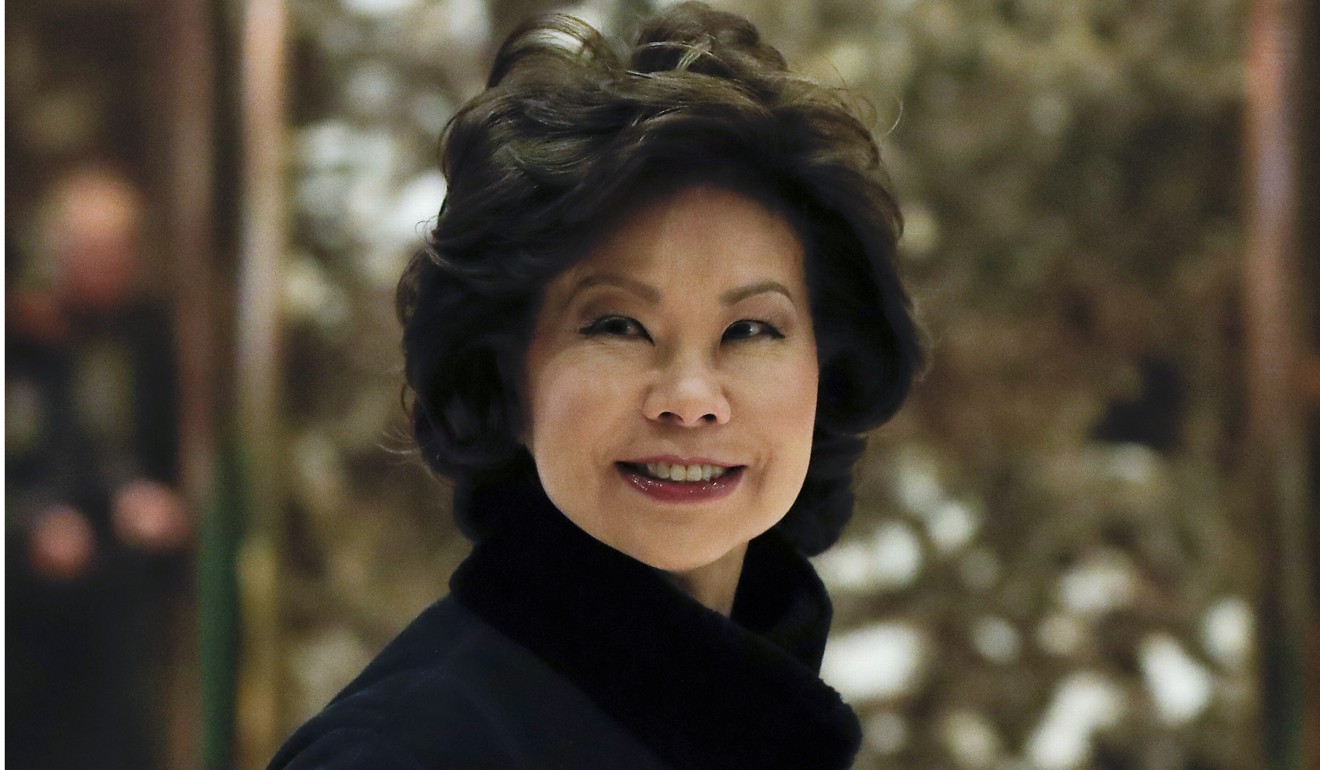
During a panel discussion at Columbia called “US-China Relations Review: From Economic, Political and Cultural Perspective”, no one brought up the death of Nobel Peace Prize winner Liu Xiaobo, a development that prompted US government condemnations and calls for the release of the deceased dissident’s wife Liu Xia.
China’s projection of “soft power” hasn’t been without resistance.
In 2014, professors at the University of Chicago, for example, effectively closed a PRC government-funded Chinese studies programme, known as the Confucius Institute, on grounds that the instructors and teaching materials limited discussion of sensitive events such as the 1989 student uprising in Beijing.
“Among the problems posed by Hanban’s control of the hiring and training of teachers is that that [sic] it thus subjects the university’s academic programme to the political constraints on free speech and belief that are specific to the People’s Republic of China,” stated a petition signed by more than 100 University of Chicago professors and department chairs. “Hanban” refers to the Chinese government body that administers Confucius Institute programmes.
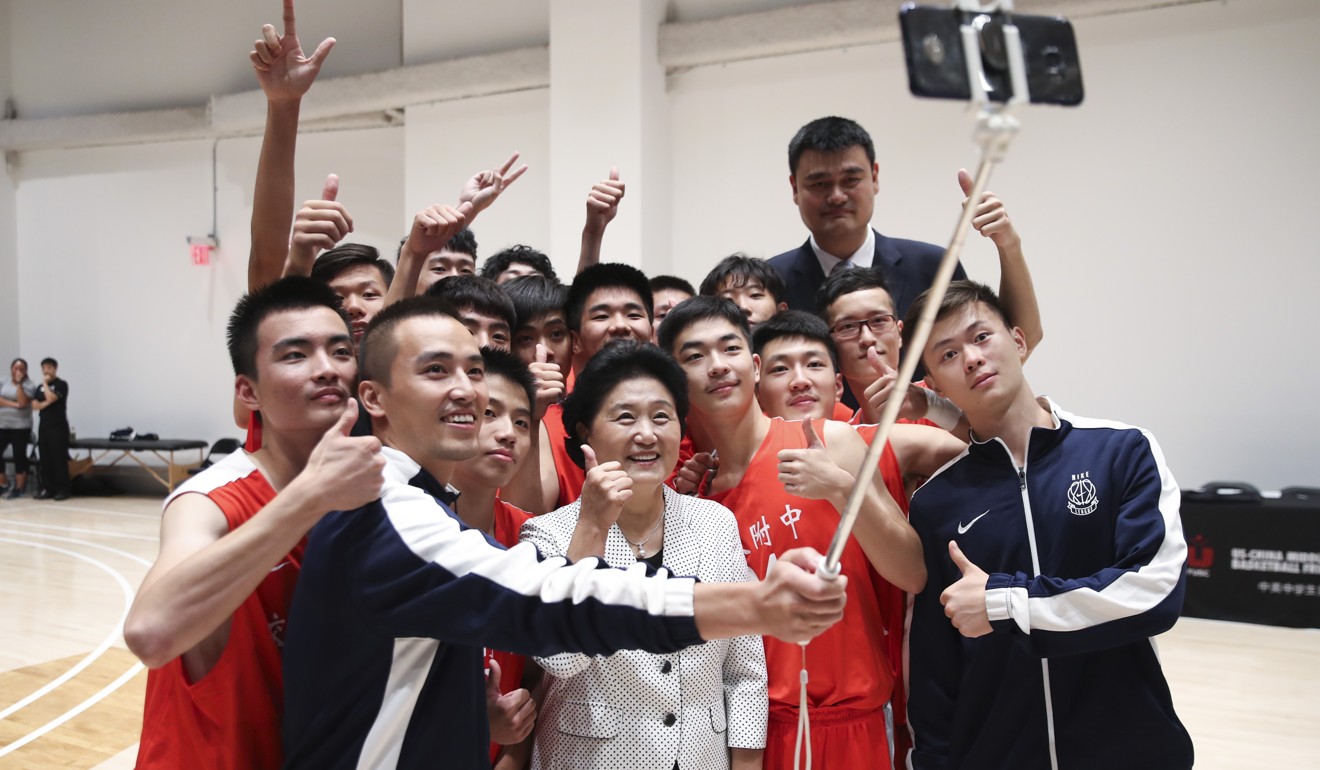
McMaster University in the Canadian province of Ontario made a similar move in 2013 for the same reasons.
Still, University of Chicago and McMaster University are the exceptions. There are more than 600 Confucius Institutes or classes administered by Hanban in the US and more than 1,500 worldwide, according to a report published this year by the National Association of Scholars, a New York-based non-profit that advocates for free speech.
Columbia University, where Liu Yandong addressed students below statues of Greek and Roman philosophers, established its Confucius Institute in partnership with China’s Renmin University in 2011.
Moreover, a recent survey by the Washington-based Pew Research Centre suggests China’s cultural influence continues to strengthen despite misgivings some might have about the country on ideological grounds.
A median of 47 per cent across the 38 nations polled have a favourable opinion of China, while 37 per cent have an unfavourable one. Global ratings for the US, which have declined sharply in the first year of the Trump administration, put the countries nearly at par: A median of 49 per cent see the US in a positive light, while 39 per cent have an unfavourable view.
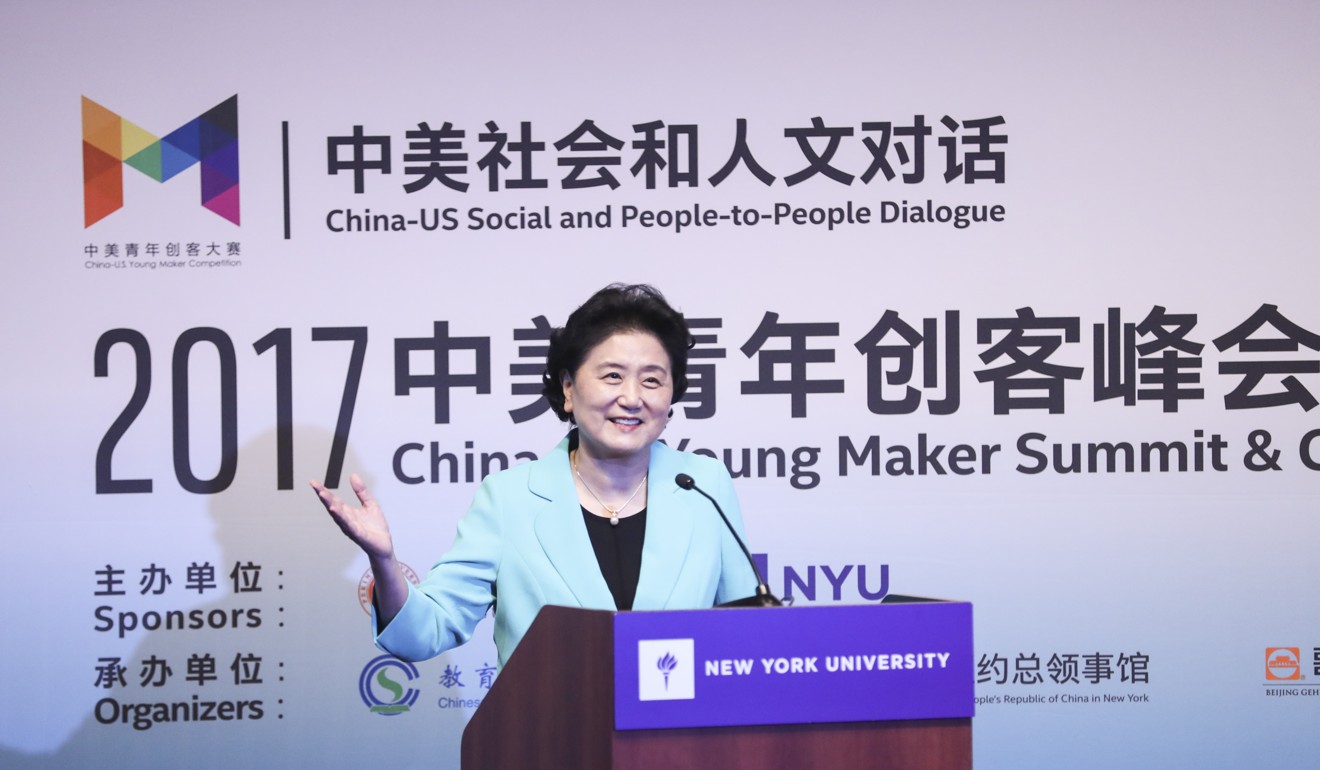
Without addressing any ideological issues head-on, Liu’s address at Columbia reflected China’s long-held position on ideological arguments against China by other countries.
“In the 40 years since China’s government began its reform and opening up, China has lifted 700 million people out of poverty and contributed 70 per cent to global poverty reduction efforts. We will also improve the quality of life for the Chinese people,” Liu said.
Many of the US dignitaries Liu has met as she makes her rounds in the US said dialogue and increased people-to-people contacts will allow the two countries to overcome their cultural differences.
“The scale and speed of China’s transformation will exert a profound impact on the United States and the world,” Josette Sheeran, president of the New York-based Asia Society said in a speech delivered before Liu’s keynote.
“This cannot be denied, nor can it be avoided.”

